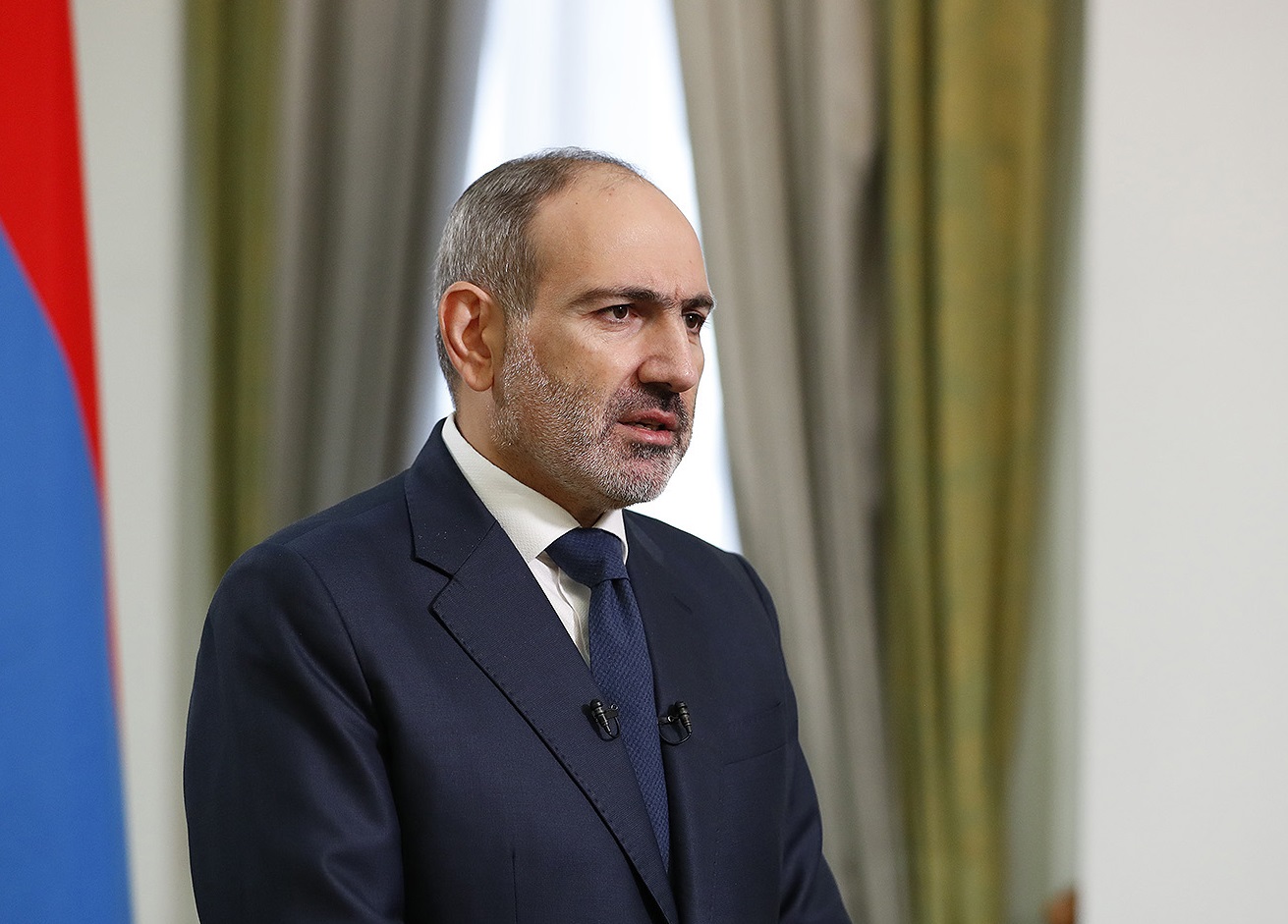
Armenian Prime Minister Nikol Pashinyan has said that his country was considering leaving the Russian-lead military bloc Collective Security Treaty Organisation (CSTO).
Pashinyan made the remarks in a parliamentary session on Wednesday during the heated debate with opposition MPs who have been blaming the government for Armenia’s devastating defeat in the war in Nagorno-Karabakh. Answering the lawmakers’ questions, Pashinyan said there was “no other way” than leave the CSTO, without revealing when this would happen. Accusing the Russian-led military bloc of not helping Armenia during the war with Azerbaijan two years ago, Pashinyan claimed the CSTO helped Azerbaijan instead. Furthermore, the Armenian Prime Minister expressed concerns over the future of the Armenian statehood and blamed former President Serzh Sargsyan’s government for building a “bubble alliance” with Russia and the CSTO, which in his words put Armenia in danger.
Despite Pashinyan’s comments during the parliament’s session, Foreign Minister Ararat Mirzoyan later denied that Armenia would leave the CSTO any time soon.
“The Armenian Prime Minister did not say that we are leaving the CSTO. He said we will decide when we leave, we will decide, but we will not go back. This is what he said, no less, of course, and no more. If anyone claims that the Armenian PM said that Armenia is leaving the CSTO, they are wrong and this is very easy to prove,” Mirzoyan said.
Armenia’s relations with its historic ally Russia and the CSTO have been deteriorating since the Second Karabakh War in 2020. Yerevan has blamed the military bloc for failing to fulfill its duty towards Armenia in the past three years. CSTO members are treaty-bound to intervene when one of their own is attacked.
Earlier this week, Russia’s foreign ministry reprimanded Armenia for declining to pay its contributions to the CSTO. Armenia’s Foreign Ministry announced in early May that Yerevan would not sign the CSTO’s 2024 budget, effectively cutting its financial contributions to the security bloc.